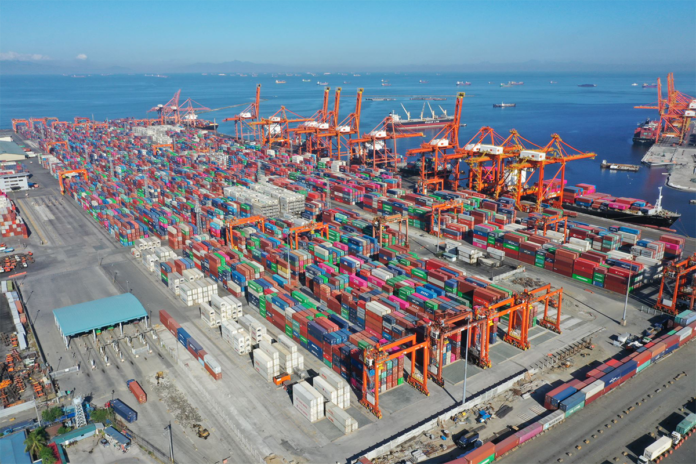-
The Manila International Container Terminal will implement on October 4 a slot reservation and activation system under its Terminal Appointment Booking System
-
Slot reservation allows a customer to reserve TABS slots up to seven days in advance
-
Slot activation is a system-generated function that activates the slot six hours before the booked appointment time
-
Trucks that arrive at the gates before the TABS slot is activated will be considered “without TABS appointment” and will not be served and required to settle a pass thru fee
-
The implementation of the slot reservation and activation system comes after stakeholders complained of recent difficulties in booking TABS slots
The Manila International Container Terminal (MICT) will implement on October 4 a slot reservation and activation system under its Terminal Appointment Booking System (TABS).
Slot reservation allows the customer to reserve TABS slots up to seven days in advance, while slot activation is a system-generated function that activates the slot six hours before the booked appointment time, MICT management said in an advisory dated September 28.
The slot reservation is considered valid only when it has been activated, the advisory noted.
Trucks that arrive at the gates before the TABS slot is activated will be considered “without TABS appointment” and will not be served. They will also be required to settle the pass thru fee in MICT’s Advance Customer Transaction System before being allowed to gate out.
MICT management reminded truckers that although booking will be activated six hours before appointment time, the truck must still arrive within the early grace period.
Early penalties will still apply for trucks arriving more than two hours before their booked zone. Trucks that arrive without TABS booking (outside activation period) cannot replace their gatepass with another one that is within the activated period.
TABS is a government-approved system that requires port stakeholders to secure an online appointment before trucks can enter the container terminal to discharge and/or pick up cargo. It was piloted in October 2015 and fully implemented on March 16, 2016.
The advisory on implementation of the slot reservation and activation system comes after MICT management consulted stakeholders regarding difficulties they experienced in booking TABS slots in the past three months. Customs brokers said the situation has resulted in shipment delays and additional costs.
In an online forum hosted by the Chamber of Customs Brokers, Inc. on September 24, MICT management services and government affairs director Voltaire Wycoco said one of the proposed solutions was to allow clients to book early but that there will be an activation period for the booking.
READ: MICT volumes surpass pre-pandemic levels
In addition, MICT management is working to make more transparent viewing of available slots, including sending notifications to clients once slots free up.
Another TABS issue is the jump in the number of early truck arrivals, affecting those that arrive at their appointed time. According to Wycoco, early arrivals increased 25% in September from an average of 14% in January.
There are some trucks, he said, that arrive as early as three days before their appointed schedule.
Wycoco acknowledged the entry of early arrivals cannot be prevented. Automatically adding slots is also out of the question: TABS slots are pre-determined by the Philippine Ports Authority under PPA Administrative Order No. 06-2018, which provides rules on the implementation of TABS.
Wycoco denied the port operator is selling TABS slots, as some allege, adding the matter is now being investigated. He also noted no changes have been introduced to TABS to make booking slots difficult.
Another issue, according to Wycoco, is that it takes truck drivers longer to get through the terminal gates.
MICT’s gates are automated and truck drivers can either scan their gate pass or use the biometrics to pass through, a process that should take just 70 seconds.
“For some reason we can’t explain,” Wycoco said truck drivers are now taking up to five minutes to enter the gates, triggering the need for manual intervention, and in the process delaying entry of trucks in queue and ultimately losing gains from implementing automated gates.
To address this, a re-orientation for truck drivers on proper gate entry will be conducted soon. – Roumina Pablo





